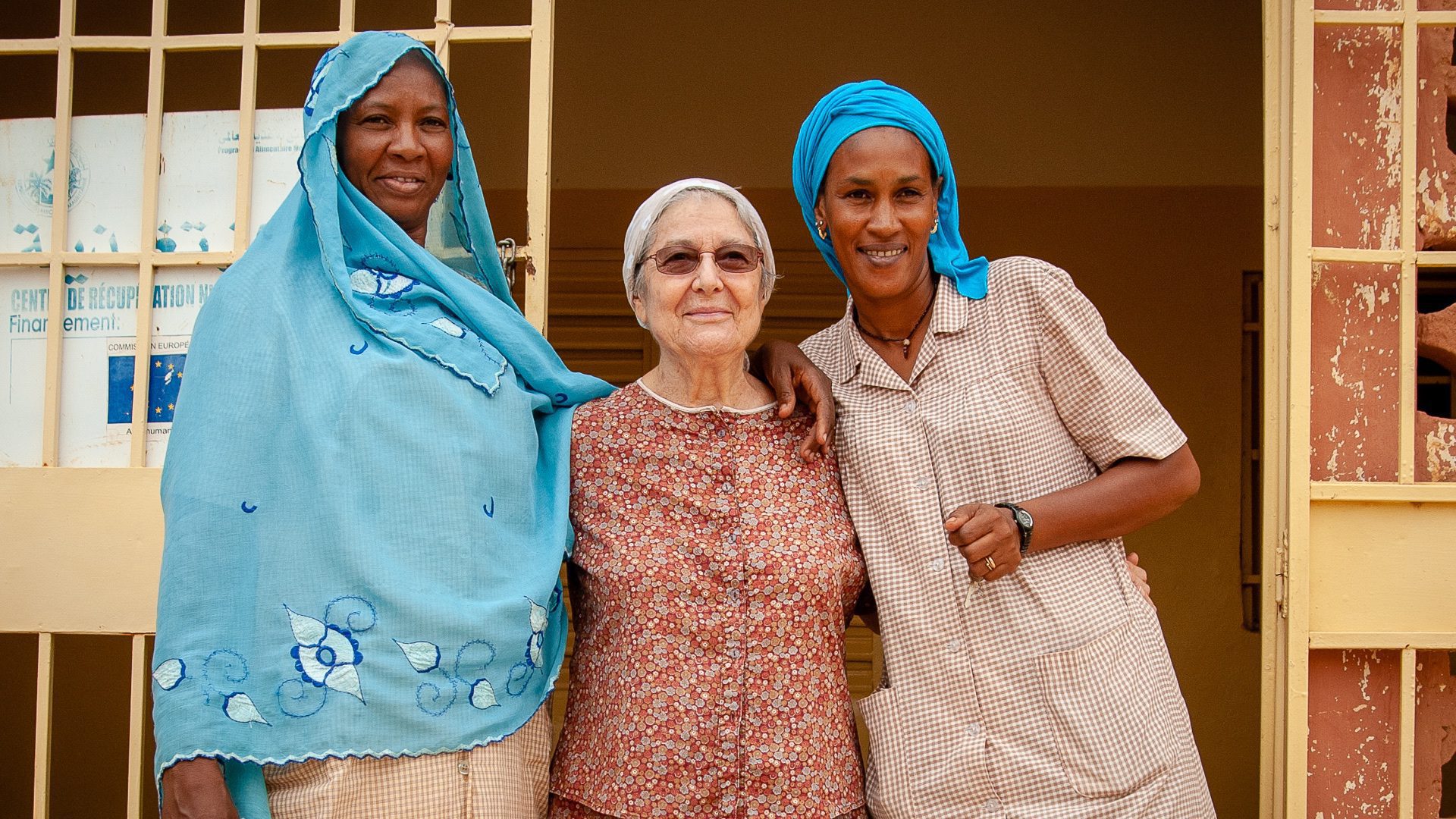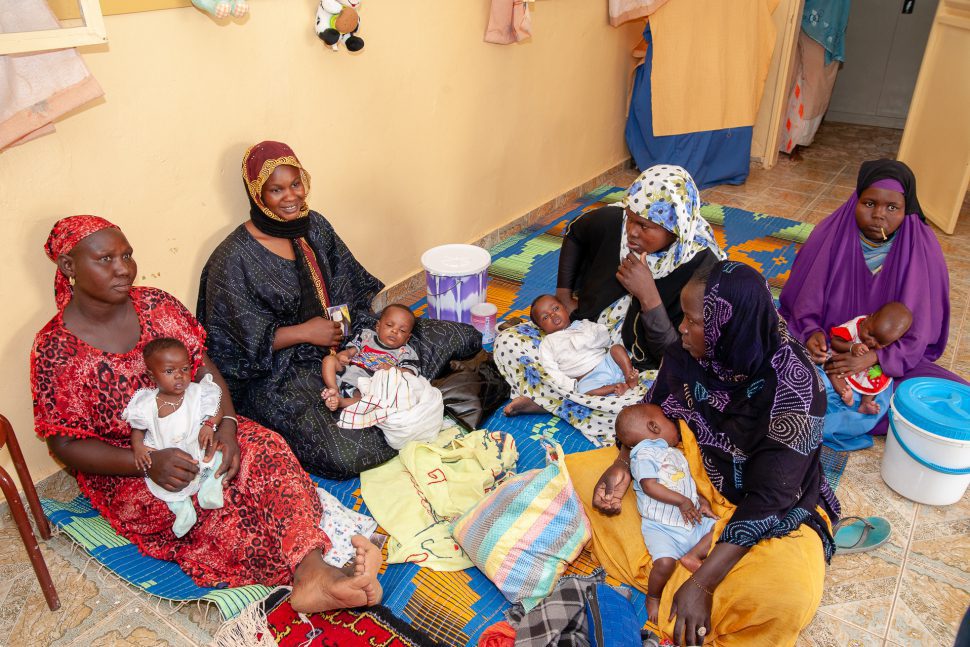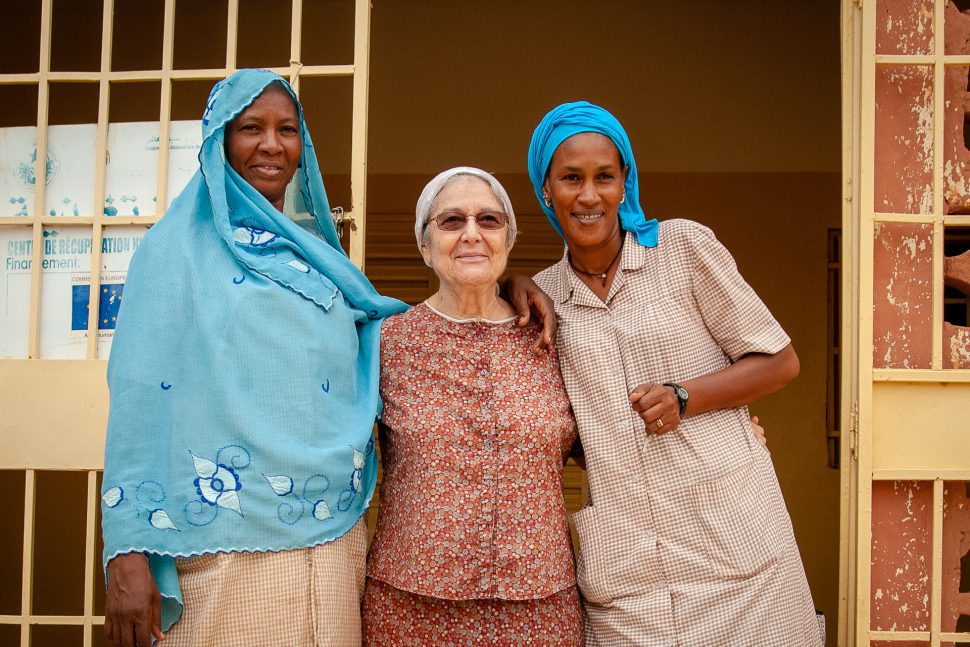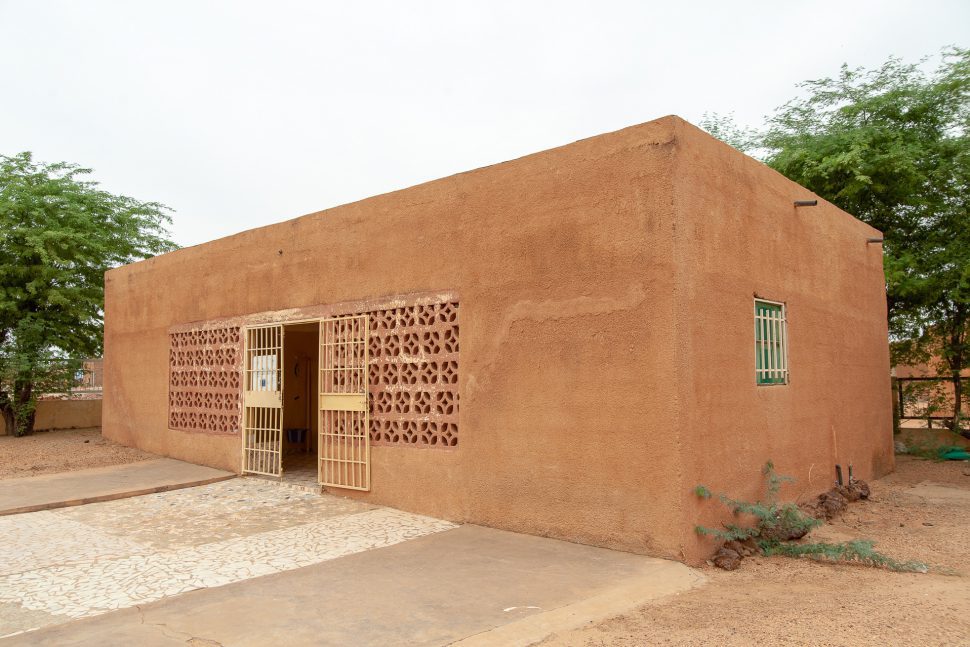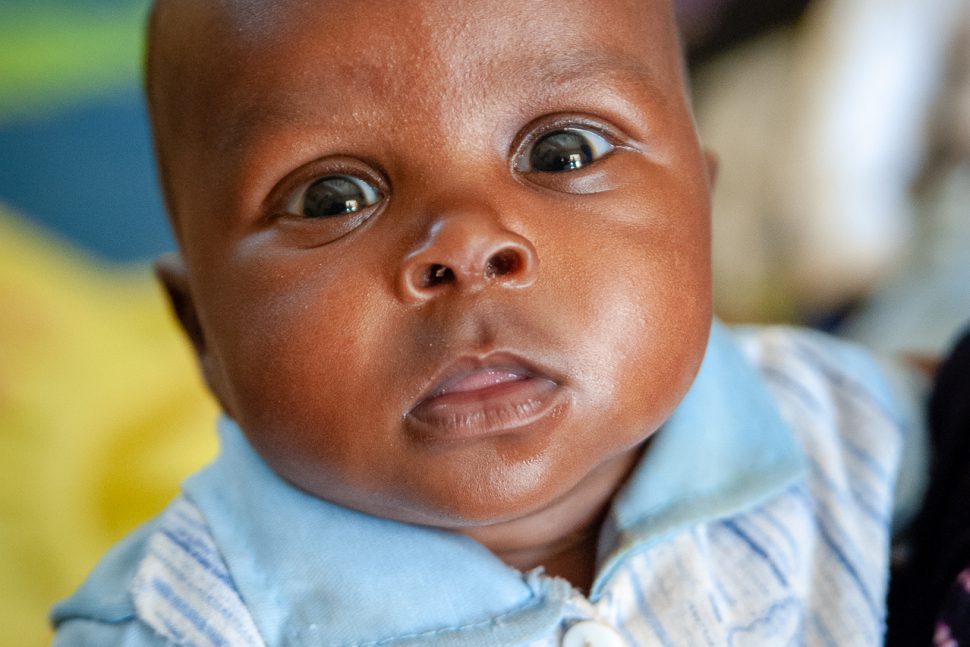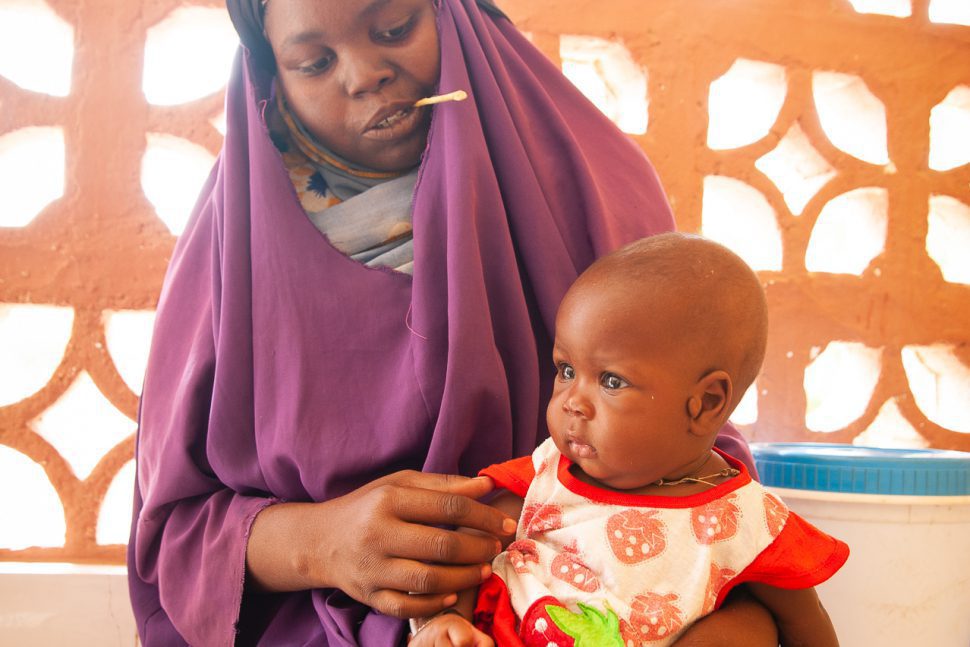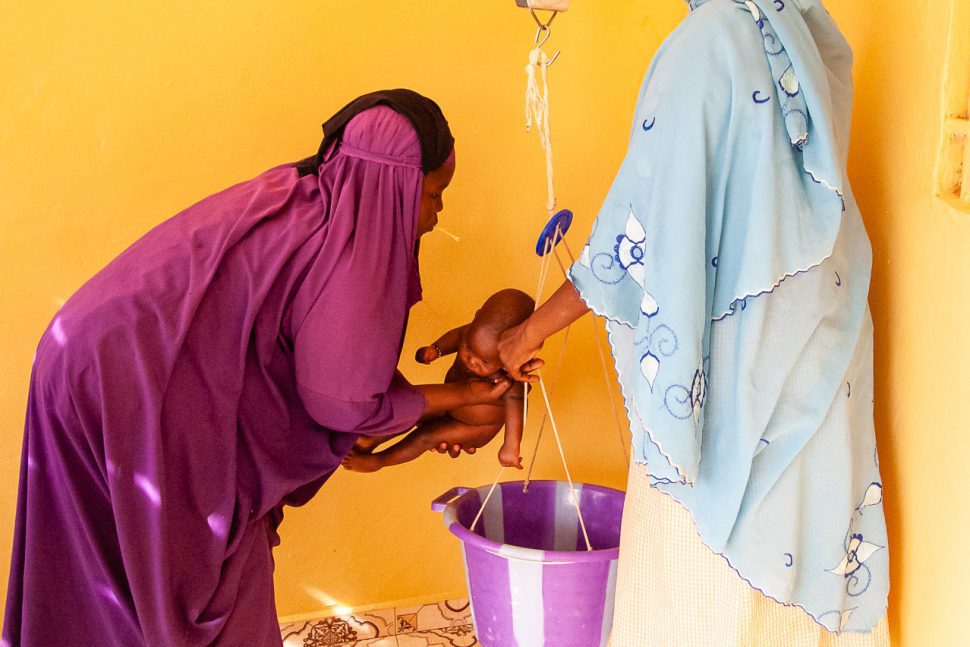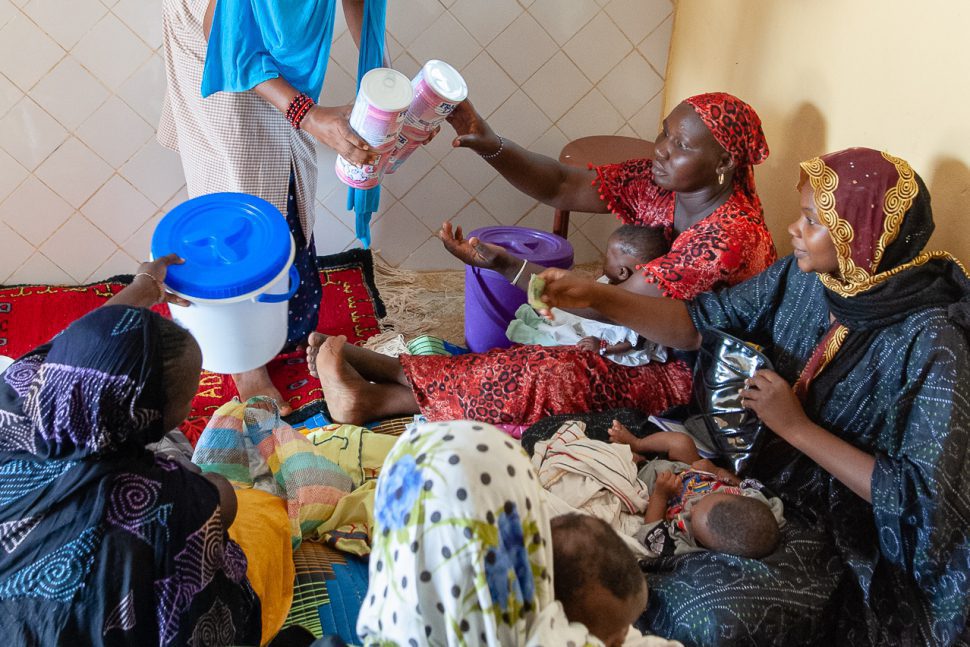Mauretania
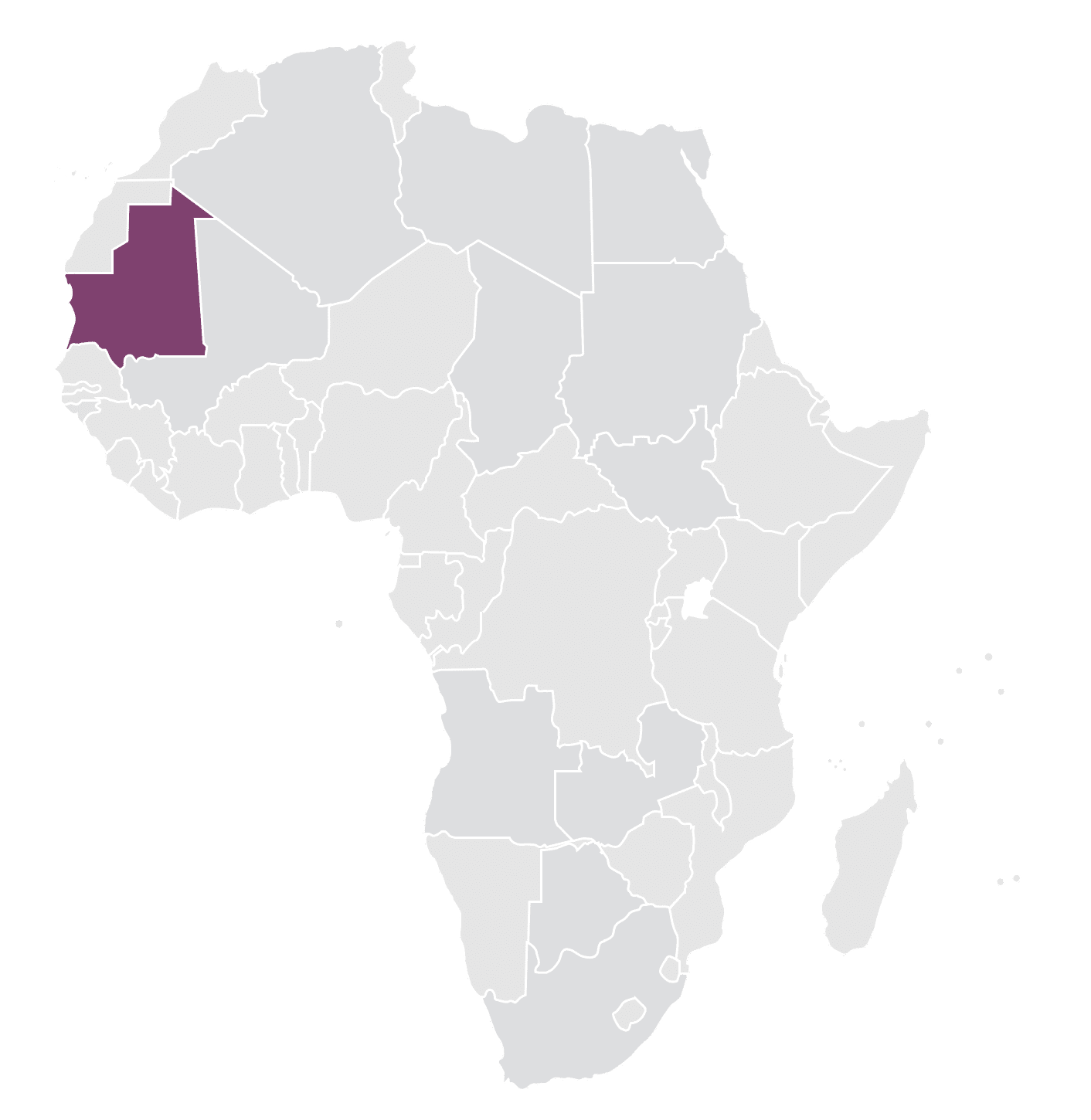
A country in northwestern Africa, bordering the Atlantic Ocean and located in the Sahel zone. More than 80% of Mauritania’s territory is covered by the sands of the Sahara. It is the fourth most climate-vulnerable country in the world. Recurring cycles of prolonged drought (leading to the degradation of natural resources) and a deepening water deficit have created a severe food insecurity crisis. Although it is home to about 5.2 million people, Mauritania is a textbook example of hunger caused by poverty and insufficient local food production.
Overview:
- one of the poorest countries in the world – about 5.8% of the population live on less than 2.15 USD per day
- domestic cereal production covers only about 24% of the national food demand (around 76% of food is imported)
- around 25% of children under the age of five suffer from chronic malnutrition (stunting)
- 61% of the population experience moderate or severe food insecurity, and about 12% are in a food crisis (IPC phase 3+)
152
a dozen
We counteract hunger
The Good Factory in Mauretania
The Good Factory got to Mauritania thanks to sisters from the Congregation of Franciscan Missionaries of Mary in Senegal. In Dakar, they run a vocational school for girls, and in Mauritania – several other projects, which had not been receiving regular support for some time. These include the nutrition center for children in the city of Kaédi. Two workers, almost a hundred kids per week, divided into three groups, perfect organization and lack of any regular support. From time to time, the project receives some support of the local bishop. His contributions are priceless, but the center needs regular support.
How does the nutrition center work?
The first group comes to sisters every Tuesday and Thursday. It consists of about 30 children. These are small kids suffering from moderate malnutrition. They are weighed and examined, they get the special nutritional mix based on peanuts, corn flour, rice and beans. The second group comes on Wednesday. This group consists of 15 little patients. Their condition is much worse as they have a diagnosed hunger disease. They get special milk, undergo medical examinations and return home with a food supply for one week. On Mondays and Fridayss we provide care for children in a difficult family situation, orphans, who have lost one or both of their parents and the disabled children.
Thanks to sisters’ many years of work, the proportions in these groups have changed. The nutrition center has managed to minimize the problem of hunger disease.
This is thanks to everyday lectures and trainings in nutrition, cooking, hygiene and recognizing the first symptoms of health problems in children. Nevertheless, a lot remains to be done. The global warming and extended droughts still deteriorate the living conditions of the inhabitants, aggravating the problem of malnutrition.
Get to know sister Carmen:
